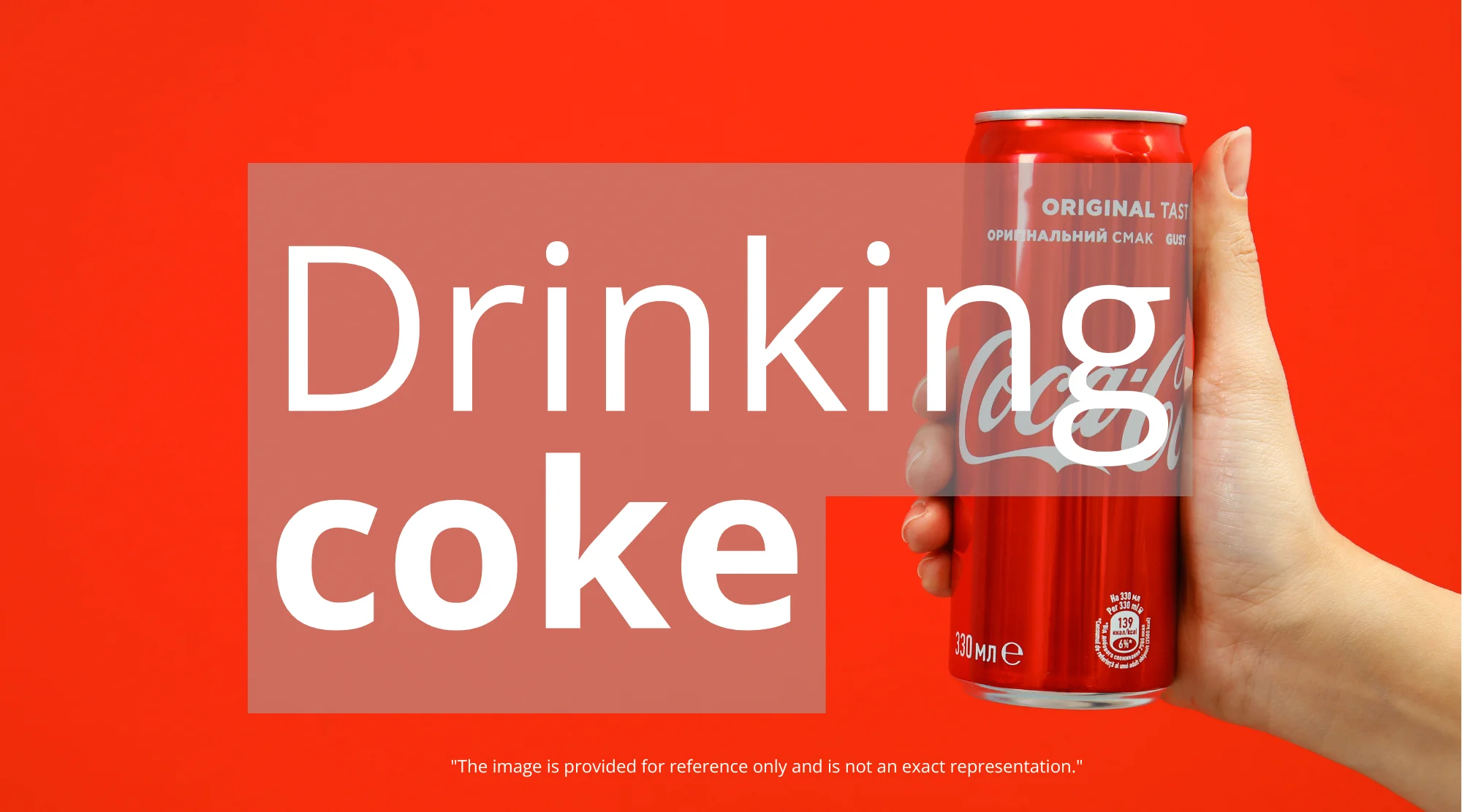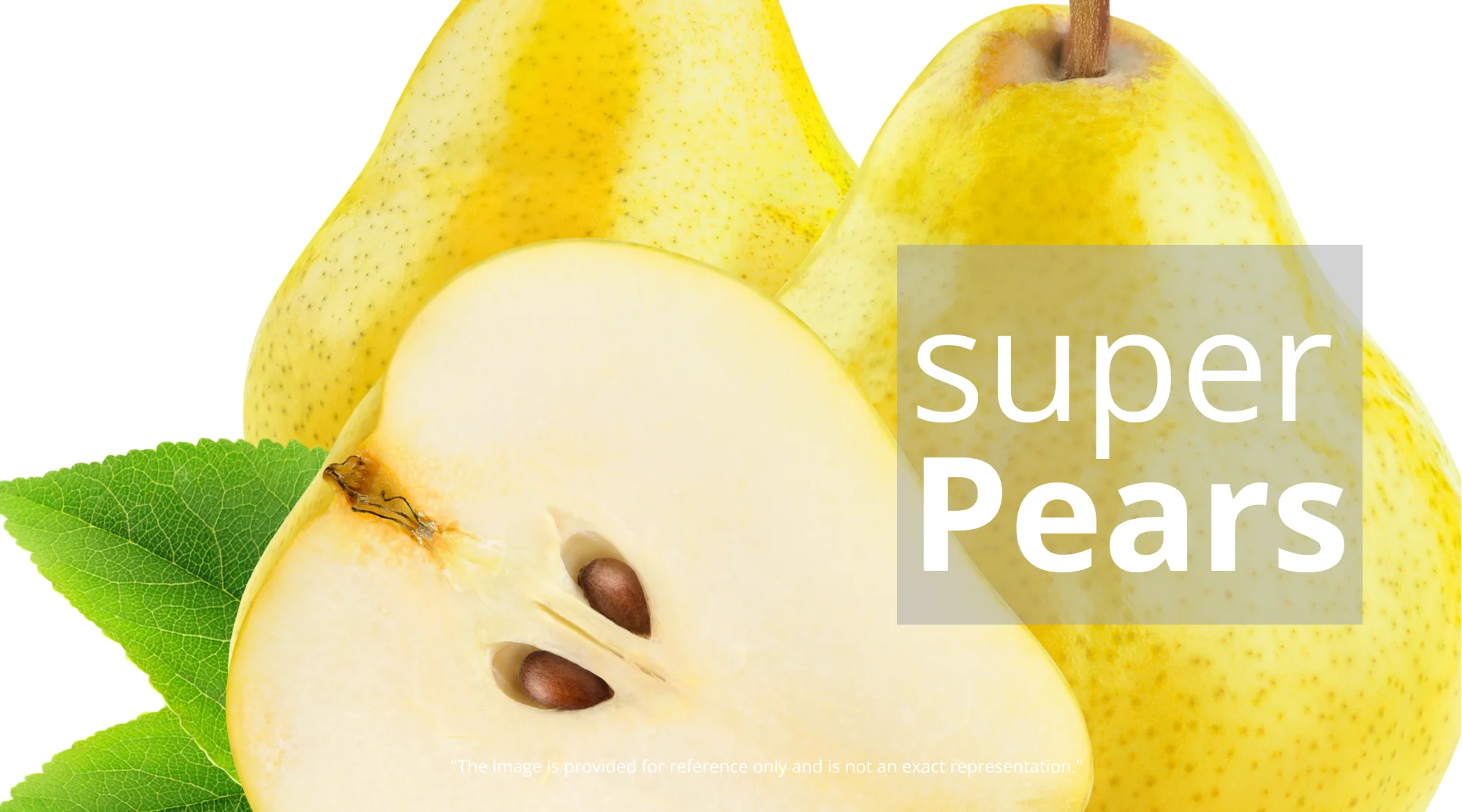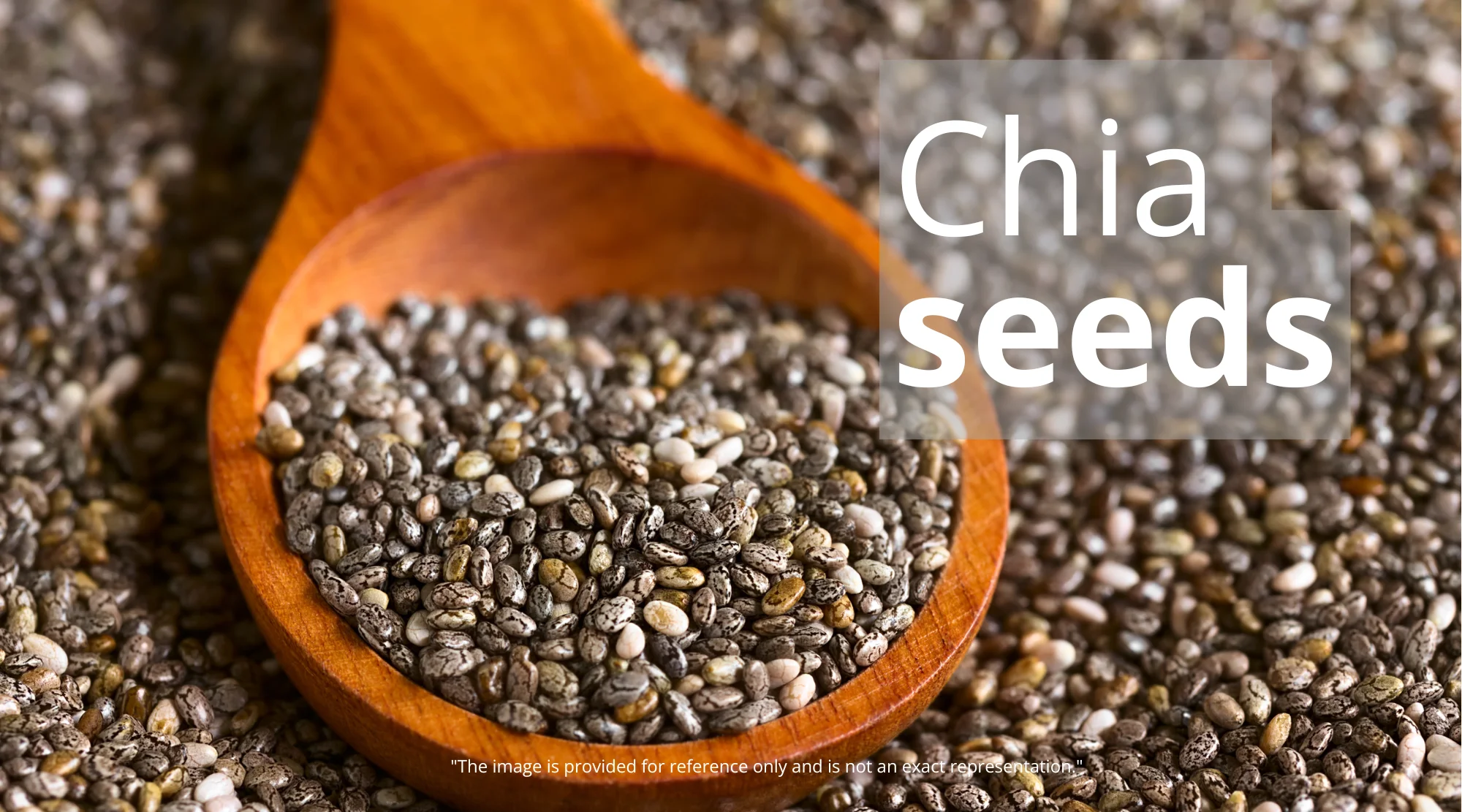Is Your Soda Habit Shortening Your Life? The Potential Health Impacts of Cola Consumption
The sweet fizz of a cola can be incredibly satisfying, but emerging research suggests that regular consumption might have a less desirable impact on your lifespan. While the occasional soda might seem harmless, studies are increasingly linking sugary drinks to various health problems, ultimately raising questions about the long-term consequences of this popular beverage. How much cola are you really drinking, and what’s the potential cost to your health? Let’s delve into what the science says about the link between cola consumption and longevity.
The Sugar Rush and Its Repercussions
Colas are notorious for their high sugar content. This excess sugar contributes to a rapid spike in blood glucose levels, placing a strain on the body’s insulin response. Over time, frequent spikes can lead to insulin resistance, a hallmark of type 2 diabetes.

Diabetes isn’t the only concern. The empty calories found in cola can contribute to weight gain and obesity, major risk factors for heart disease, stroke, and certain types of cancer. Furthermore, excessive sugar intake has been linked to inflammation throughout the body, a process implicated in a wide range of chronic illnesses. Learn more about adopting easy anti-inflammatory dinners that are delicious recipes for better health.
Beyond Sugar: Other Culprits in Cola
While sugar takes center stage in the cola health debate, other ingredients also warrant attention. Phosphoric acid, a common additive, has been linked to bone density issues, particularly in women. Artificial sweeteners, often used in diet colas, have also faced scrutiny, with some studies suggesting potential negative impacts on gut health and metabolism, although more research is needed. A healthy gut is crucial to overal wellness.
Cola and Cardiovascular Health
The link between cola consumption and cardiovascular disease is becoming increasingly clear. Studies have shown that regular intake of sugary drinks is associated with an increased risk of heart attack, stroke, and other cardiovascular events. This is likely due to a combination of factors, including the aforementioned weight gain, inflammation, and insulin resistance.
High blood pressure can also contribute to heart conditions. Read about new high blood pressure guidelines for prevention and treatment.
The Impact on Bone Health
The phosphoric acid in cola can interfere with calcium absorption, potentially weakening bones over time. This is particularly concerning for individuals at risk of osteoporosis, a condition characterized by brittle bones and increased fracture risk. The importance of consuming enough calcium is important. Learn about high-calcium foods, your guide to stronger bones and health.
Potential Effects on Kidney Function
Some studies suggest that regular cola consumption may be linked to an increased risk of kidney problems, including chronic kidney disease. The exact mechanisms are not fully understood, but factors such as dehydration and the high levels of certain minerals in cola may play a role. It’s important to stay properly hydrated.
Moderation is Key: Finding a Balance
Does this mean you have to completely give up cola? Not necessarily. As with many things in life, moderation is key. Occasional consumption is unlikely to have a significant impact on your overall health. However, making cola a regular part of your diet could have cumulative negative consequences over time.
Consider limiting your intake and exploring healthier alternatives, such as sparkling water with a squeeze of citrus, unsweetened tea, or fruit-infused water. Staying properly hydrated can have a positive impact on your health. These can satisfy your thirst without the sugar overload.
Lifestyle Choices: A Holistic Approach
It’s important to remember that diet is just one piece of the puzzle when it comes to overall health and longevity. Regular exercise, adequate sleep, stress management, and avoiding smoking are all crucial factors. Focus on building a healthy lifestyle that supports your well-being, rather than fixating on one particular food or beverage. Unlocking a longer life can be achieved through the longevity exercise guide.
Alternatives to Cola: Healthier Choices
If you’re looking to reduce your cola consumption, consider these alternatives:
- Sparkling Water with Fruit: Add slices of lemon, lime, or berries to sparkling water for a refreshing and hydrating drink.
- Unsweetened Tea: Green tea, black tea, and herbal teas are packed with antioxidants and offer various health benefits.
- Infused Water: Combine water with fruits and herbs like cucumber, mint, or ginger for a naturally flavored and hydrating beverage.
- Kombucha: This fermented tea offers probiotics and a slightly fizzy texture, making it a healthier alternative to soda.
Addressing the “Diet” Cola Debate
While diet colas may seem like a better option due to their lack of sugar, they come with their own set of concerns. Artificial sweeteners used in these drinks have been linked to potential disruptions in gut health and metabolism. Additionally, some studies suggest that diet sodas may not be as effective as water at promoting weight loss. More research is needed to fully understand the long-term effects of artificial sweeteners.
Conclusion: Making Informed Choices for a Healthier Future
While the occasional cola might be a harmless indulgence, it’s important to be aware of the potential health risks associated with regular consumption. High sugar content, phosphoric acid, and other additives can contribute to a range of health problems, from weight gain and diabetes to bone density issues and cardiovascular disease. By making informed choices and prioritizing a healthy lifestyle, you can minimize your risk and maximize your chances of living a long and healthy life.
Remember to focus on a balanced diet, regular exercise, and overall well-being. Consider alternative beverages that are lower in sugar and artificial ingredients. By making small, sustainable changes, you can improve your health and longevity.














Post Comment